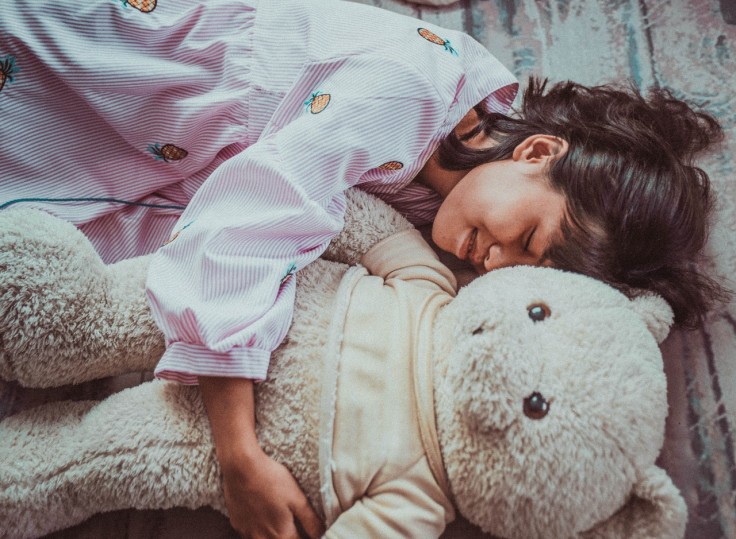
"Clueless" actress Alicia Silverstone revealed that she and her 11-year-old son still share a bed. The 45-year-old vegan actress said she might be in trouble for her recent reveal, but she does not care.
Silverstone started the conversation by saying she is a "natural mama." She shared that she believes in love in nature. However, she admits that society is scared of nature and love.
She told Today that her parenting style, including co-sleeping, follows nature.
Co-sleeping explained
Silverstone explained her reason for co-sleeping despite her son's age. In a wild setting where there are animals, and you put your baby over there, pointing across the room, she said that predators would likely eat the baby as it is not ideal for the baby to stay there.
In 2014, Silverstone launched a book, "The Kind Mama," where she wrote that placing a child in a crib is tantamount to child neglect. Her recommendation is a far cry from the American Academy of Pediatrics (AAP) guidelines, which recommend sleeping separately with the baby to prevent Sudden Infant Death Syndrome (SIDS) risks.
Surprisingly, co-sleeping is not rare in the U.S. According to Psychology Today, 45 percent of moms let their eight to 12-year-olds sleep with them from time to time. While 13 percent co-sleeps with them every night. As per the survey, parents who co-sleep with their children report that they have no idea how they got to the point where both the children and adults consistently occupy their beds.
A mom shared her 12-year-old son still co-sleeps with them every night. Yet, she never intended to be sharing a bed with her son for years when she allowed him to sleep with her and her husband six years ago. The moms admit that co-sleeping may have been a good idea at one point, but over time, it became stressful.
Behavioral insomnia
According to the Canadian Pediatric Society, "behavioral insomnia" is a medical term used to describe kids who have trouble falling or staying asleep and then climbing into their parent's bed in the middle of the night.
Experts could not completely understand why parents allow older children to share a bed with their parents. As per Parents, co-sleep because, other than cultural practices, sharing a bed with kids helps children feel safe, promotes bonding, and makes nursing easier for younger kids.
However, anecdotal data says that children today have higher anxiety levels than kids of previous generations. This may be due to stresses at home, like higher divorce rates and frequent transitions. It may also be associated with stress in the kid's environment: higher academic pressures, over-scheduling, and overstimulation of being plugged through TV or social media 24/7.
Impact of prolonged co-sleeping
Psychology Today also warns that chronic co-sleeping causes memory loss, fatigue, low energy, depression, and obesity for both the parent and the children. It also impacts children's behavior. Many preteen children are not capable of being alone at bedtime. Many parents assume that kids will naturally grow out of it. However, many do not.